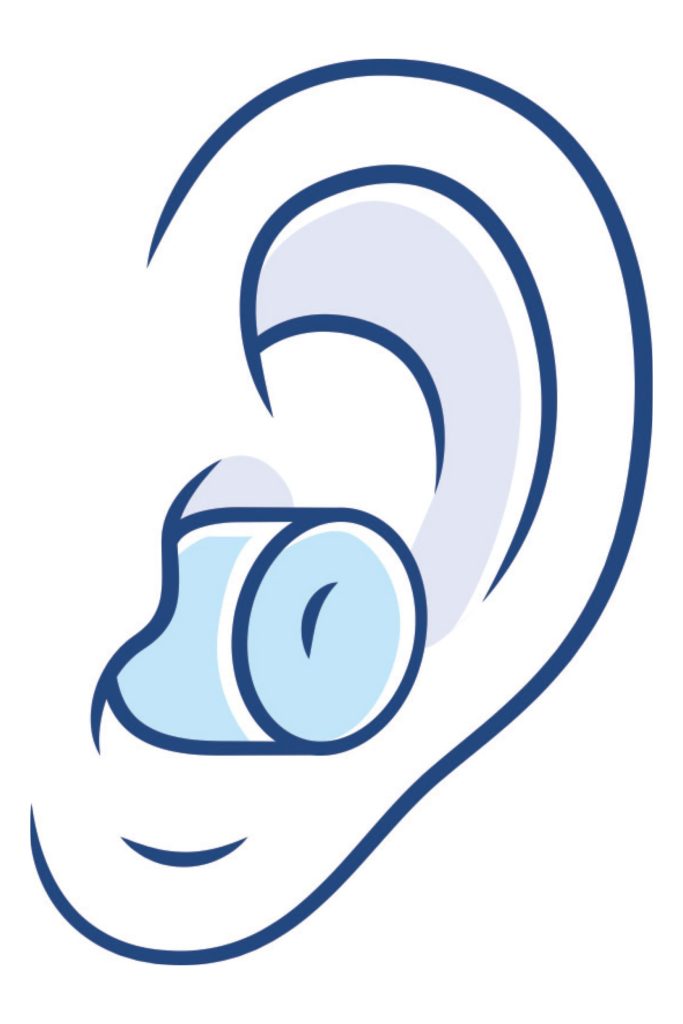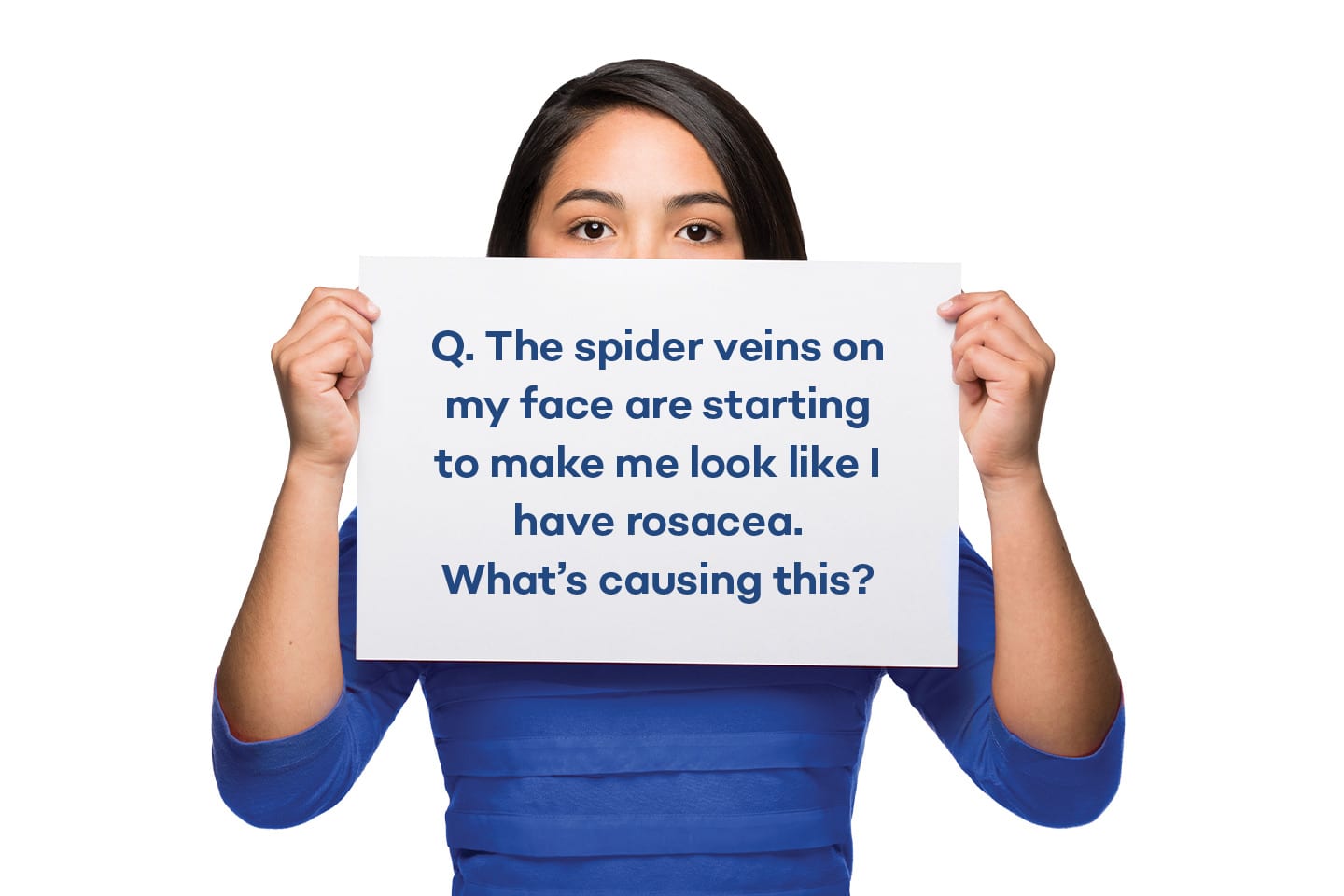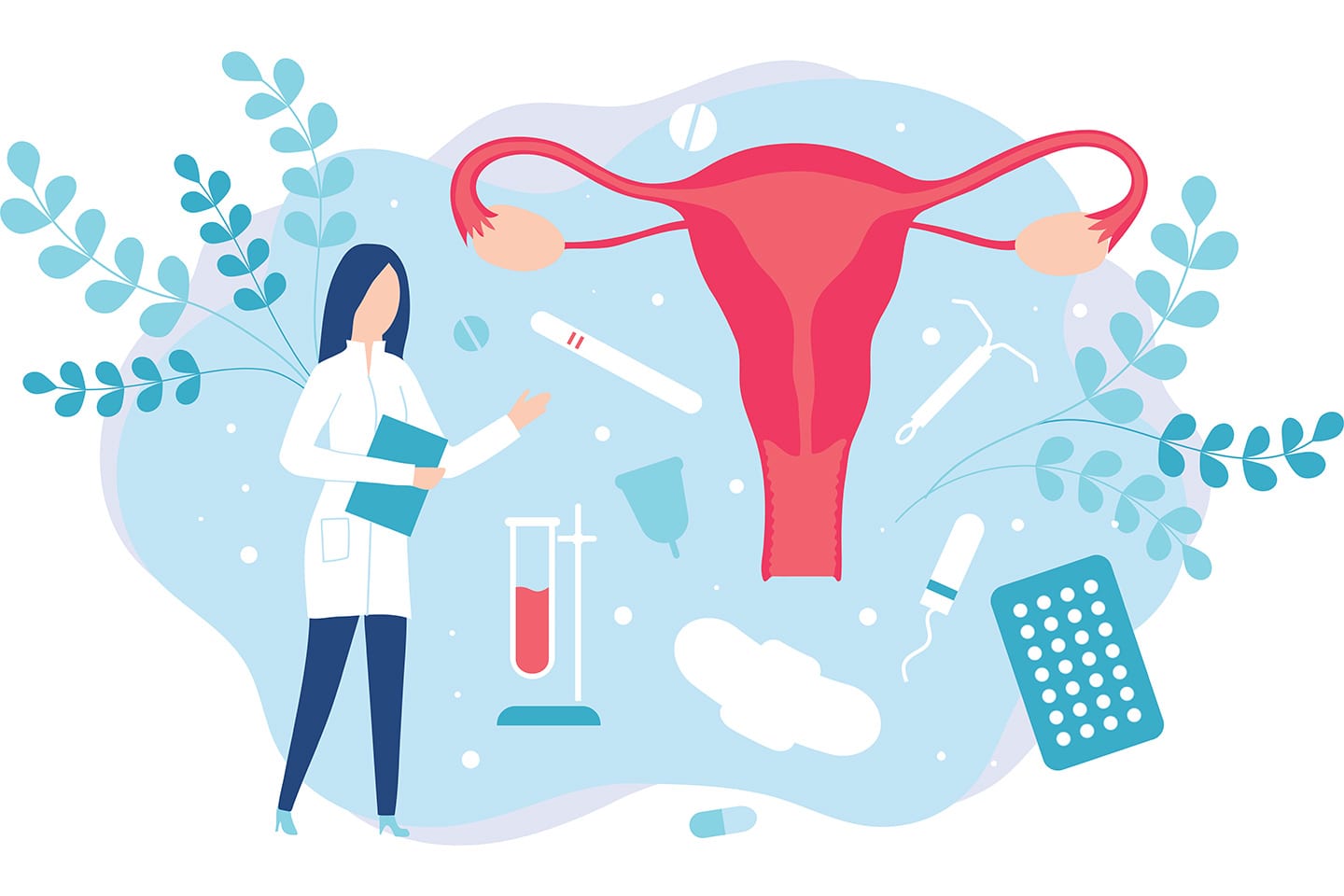Advice from Area Health & Wellness Professionals
Q. Lately, I get heartburn no matter what I eat, and antacids aren’t helping. What should I do to combat this?
A. If you’re having persistent heartburn despite medication, there are a few things that you can do to help minimize your symptoms. First, avoid certain foods that precipitate reflux, such as citrus/acidic, fatty, or spicy foods. Caffeine also relaxes the lower esophageal sphincter (LES), making it more likely for acid reflux to occur, and nicotine and alcohol cause the LES to relax for hours, making you more prone to acid reflux. Avoid late-night snacking – you want to leave about three hours between eating and going to bed.
Also, it’s important that you make sure that you’re taking your medication optimally. Proton pump inhibitors such as omeprazole work best when you take them after waking up in the morning, on an empty stomach, 30-60 minutes prior to a preferably high-protein breakfast. Histamine receptor blockers such as famotidine are best taken on an as-needed basis. If you are adhering to a heartburn-friendly diet and taking your reflux medications optimally, yet still experiencing problems, further investigation may be needed to examine your gastrointestinal tract with an endoscopy.


Q. I want to preserve my hearing, but it’s hard to determine what could damage it and what is okay. How loud is too loud?
A. Preservation of one’s hearing is always of utmost importance. A one-time exposure to an extreme loud sound or listening to excessive sounds (85 decibels or over) for extended periods of time can cause noise-induced hearing loss. When one’s hair and nerve cells are damaged due to noise exposure, the electric impulses that travel from the cells to the brain no longer occur properly, resulting in a loss of hearing. Many individuals are exposed to loud or excessive sounds while performing their jobs or in the hobbies they choose. Everyday sounds are not usually harmful to one’s hearing, but lots of extraneous sounds are. Examples of normal sounds that we may be exposed to are conversation, 50 dB; vacuum cleaner, 70 dB; motorcycle, 100 dB; rock concerts, 110 dB; or gunfire, 140 dB. When subjected to loud sounds, either move away from them or wear hearing-protective devices.



A. Spider veins on the face have two main causes. Sun damage causes a reduction in collagen that makes the skin thinner, allowing blood vessels that were once hidden to become visible on the cheeks, nose, around the face, or even in the neck. Though this can usually be prevented with sunscreen, once the veins are visible, it’s too late for sunscreen to reverse the damage.
Inflammation is another possible cause, making red bumps and blood vessels visible on the face. Rosacea is an inflammatory disease of the face, usually the cheeks and nose. It produces skin redness, red bumps, and causes surfacing of these little blood vessels, called telangiectasias. Even good rosacea medicines likely won’t reduce these blood vessels.
Regardless of the cause, there is treatment available. Laser treatments are typically effective to eradicate these unsightly veins. For more severe cases, scleropathy and laser treatment may be combined if needed.
Q. I’ve just been diagnosed with hepatitis C. Can you outline what my treatment plan might look like?
A. Since 2020, the U.S. Preventive Services Task Force now recommends HCV screening for all American adults ages 19 to 79. If you screen positive for HCV (antibody test), you will be referred to a specialist, generally infectious diseases or gastroenterology. Labs in your initial visit will determine: 1. if there is virus in your blood (approximately 15-20% of individuals will clear the virus without therapy), 2. what type of hepatitis C you have, 3. whether you have other types of viral hepatitis (A, B), and 4. how much damage the virus has done to your liver.
Your provider will work with you to create a treatment plan, typically 56 to 84 days of a once-daily medication. Labs are needed after four weeks on the medicine and again 12 weeks after completing the medicine to monitor for successful clearance. If appropriately taken, greater than 95% of individuals will be cured of their hepatitis C.
Q. My daughter is about to enter high school. At what age should she start going in for annual exams with an OB/GYN?
A. Growing up is inevitable and often happens unexpectedly. Female reproductive changes can be overwhelming, and teenagers need to be able to feel comfortable with their bodies by establishing regular care with a gynecologist. Ideally, this care should begin at least two to three years after the menstrual cycle has started. With puberty comes not only periods, but also physical and emotional changes related to hormone production. It is important that they understand these changes early in order to understand that these changes are normal. There may be questions a gynecologist can answer for your child that you, as a parent, would not be comfortable discussing with them. Teenagers also value their privacy and may feel more comfortable speaking with a health professional about decisions and outcomes that are ultimately vital to their health and wellness.







